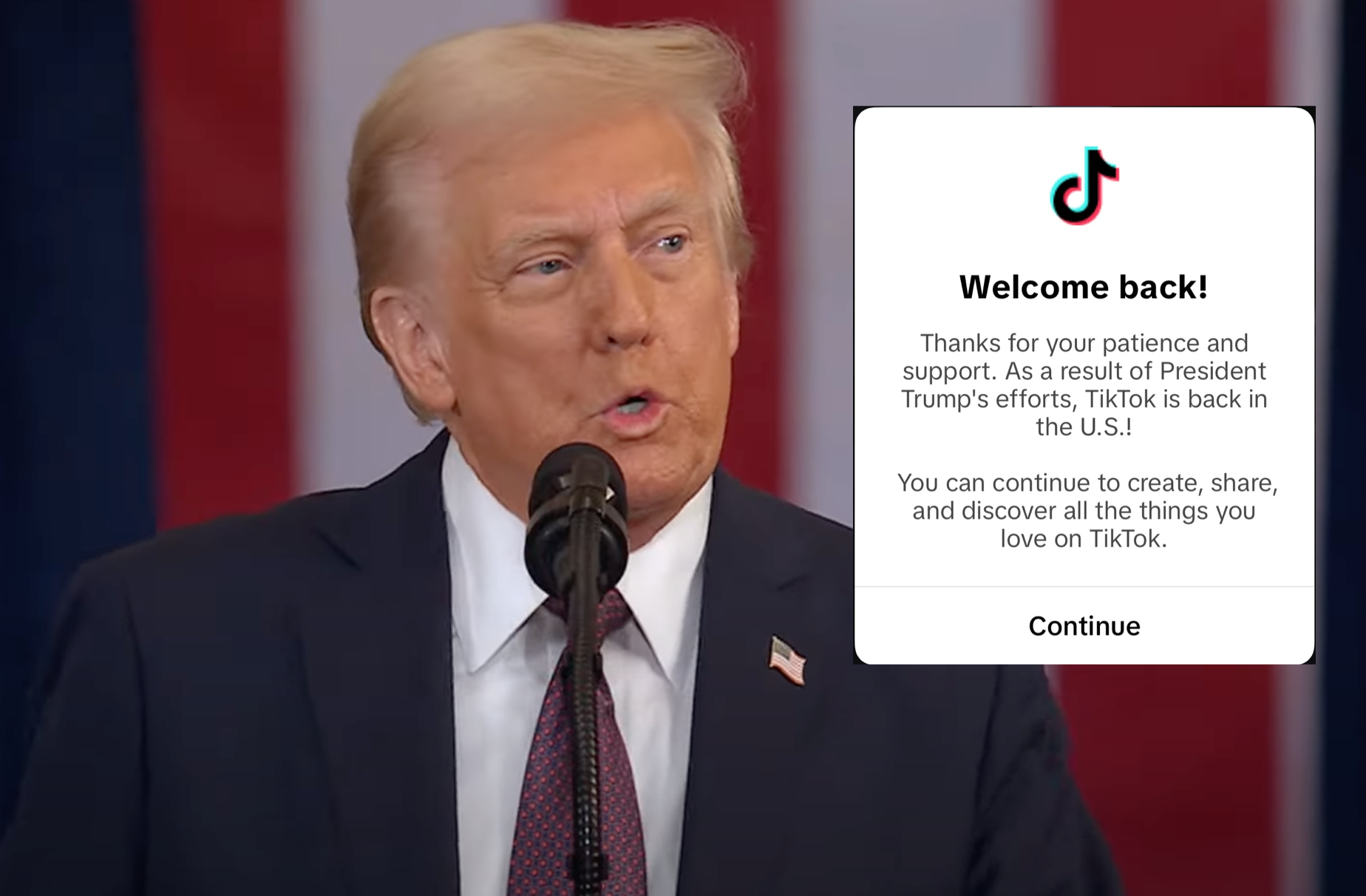Subscribe
If it wasn’t already obvious, the last 72 hours have made it crystal clear that it is urgent to build and mainstream alternative, decentralized social media platforms that are resistant to government censorship and control, are not owned by oligarchs and dominated by their algorithms, and in which users own their follower list and can port it elsewhere easily and without restriction.
Besides all of the “normal” problems with corporate social media—the surveillance capitalism, the AI spam, the opaque algorithms—let’s take stock of what has happened in the last few days.
First, millions of small business owners and influencers who make a living on TikTok were left to beg their followers in TikTok’s last moments to follow them elsewhere in hopes of being able to continue their businesses on other corporate social media platforms. This had the effect of fracturing and destroying people’s audiences overnight, with one act of government.
TikTok has since come back, but it is still unclear what the future of the platform is, and TikTok now exists at the whim of President Trump and is beholden to him to an unknown extent. TikTok’s status in the Untied States is still up in the air—it is still not available for download in the iOS App Store or the Google Play Store, and it could disappear at any moment if service providers like Oracle decide that Trump’s executive order and assurances that they will not be prosecuted or fined are not enough assurance to keep the app online.
Elon Musk, who had already turned X into a cesspool of hate and an overt tool to get President Trump elected, is now formally part of the Trump administration, meaning the platform is literally owned by a member of the Trump White House.
Meta has made an overt shift to the right, and Mark Zuckerberg has himself become a Trump booster. The platform is making its content moderation worse, has declared that immigrants and LGBTQ+ people are legitimate targets for hate speech, and has made many of these changes at the behest of the Trump White House and Stephen Miller, according to The New York Times.

